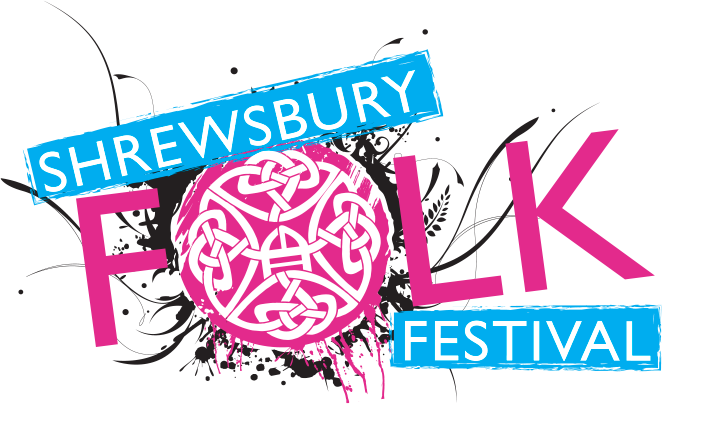Should you care to look back over the past two decades of British folk music, one musician in particular stands out for having a singular, idiosyncratic vision that has rarely wavered in style and substance.
Jim Moray may have garnered initial attention for his digitally-driven approach to traditional music, but reflecting on his seven albums and numerous production credits it’s clear that imagination and invention are the real cornerstones of his work. The cinematic vision of albums such as Skulk (2012), Upcetera (2016), and his game-changing debut Sweet England (2003) show just how far the old songs can be taken. His arrangements of traditional songs such as ‘Gilderoy’, ‘Horkstow Grange’ and ‘Fair Margaret and Sweet William’ are regarded as amongst the classics of the folk genre, while his treatment of the ballad ‘Lord Douglas’ has become a must-learn for fingerstyle guitarists.
As he embarks on his third decade as a professional musician, he can count career-defining performances at Glastonbury, The Royal Albert Hall, and WOMAD, and has caught the attention of those in the know along the way. “I love this singer of old ballads”, enthused none other than Iggy Pop, no stranger to songs of love, life and loss. 20 years in the business also means that his influence is being felt among a younger generation of folk musicians, especially those who explore the wider canon and ways in which traditional music can be stretched. Frankie Archer recently spoke about how Moray’s work on Low Culture (2008) blew her mind. “It showed me for the first time what UK folk music could be”.
Never satisfied with staying still, he is still moving after shaking the folk world to its foundations twenty years ago. And in a genre where musicians reach their peak the older they get, there’s a sense that he has only just begun.
‘A landmark artist for our times’ Mojo magazine
“The most significant musician since Bob Dylan to decide that the folk idiom is the perfect vehicle for his musical adventures and experiments.” – Sydney Morning Herald



